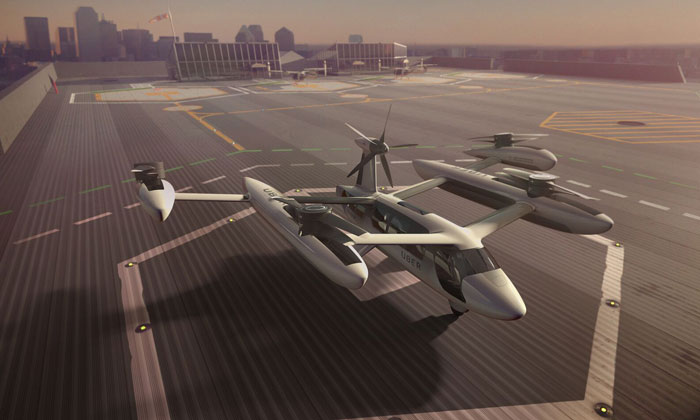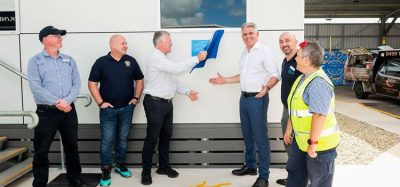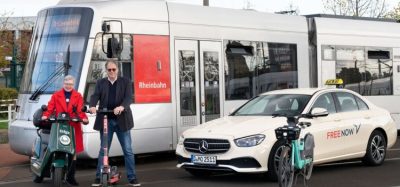Development of Uber’s aerial ride-share network continues
- Like
- Digg
- Del
- Tumblr
- VKontakte
- Buffer
- Love This
- Odnoklassniki
- Meneame
- Blogger
- Amazon
- Yahoo Mail
- Gmail
- AOL
- Newsvine
- HackerNews
- Evernote
- MySpace
- Mail.ru
- Viadeo
- Line
- Comments
- Yummly
- SMS
- Viber
- Telegram
- Subscribe
- Skype
- Facebook Messenger
- Kakao
- LiveJournal
- Yammer
- Edgar
- Fintel
- Mix
- Instapaper
- Copy Link
Posted: 4 June 2018 | Intelligent Transport | No comments yet
Coventry University has been recognised as a collaborating partner within Uber’s project to produce an alternative ride-share option through ‘flying taxis’…


By 2020, it is possible the skies will host electric vertical take-off and landing vehicles (eVTOL), as Coventry University assists Uber with the project development.
The university has been recognised as a ‘collaborative partner’ on Uber Elevate’s plans to launch eVTOL. These vehicles have previously been referred to as ‘flying taxis’ and are scheduled for demonstration flights by 2020.
The project is developing the new type of aircraft to transport people on four-person ride-sharing flights in major cities worldwide, with the aim to reduce road traffic congestion and pollution.
Dramatically quieter, safer, more affordable and more environmentally-friendly than conventional aircraft or helicopters, the proposed design models use battery technology and electric propulsion, lightweight composite materials and stacked propellers.
Academics and students from Coventry University’s research institute for Future Transport and Cities (FTC) have examined the safety of some of the models and identified and analysed potential hazards of the aircraft, such as motor or structural failure, fire risks and battery problems.
Dr Mike Bromfield, Flight Safety Researcher at Coventry University, said: “Our daily commute is going to transform and we may be given the ultimate commuting choice to drive, ride or fly. These vehicles are not just the subject of science fiction films – they could be flying above our cities in the next decade. But there are many hurdles to overcome before that point.
“Safety is paramount and we have to thoroughly understand the functional hazards that could result in failure of these vehicles. We must reassure both commuters and aviation authorities that these are safe before we move commuting in our major cities to the skies.
Uber is developing multiple common reference models to understand and evaluate a variety of vertical takeoff and landing concepts and technologies.
Sharing these models will allow for more cohesive technology development across the industry and serve as a virtual testbed for the integration of technologies that are ride-share friendly.
At the university’s National Transport Design Centre, using its state-of-the-art transport research facilities, staff and students have been embarking on a series of other projects relating to the concept of urban air taxis. They are analysing transport, ergonomic, interior and propeller design, as well as the sound engineering and people’s attitude towards the vehicles.
Mark Moore, Uber’s Director of Aviation Engineering, said: “The closer we get to moving riders by way of eVTOL technologies, the more important it becomes to advance the state of the art for these aircraft. Our existing partners are experts in their respective fields and it’s our job to equip them with the tools and resources needed to make urban aviation transit a reality.
Related topics
Air Quality, Fleet Management & Maintenance
Related organisations
Coventry University, Uber
Related people
Mark Moore, Mike Bromfield







